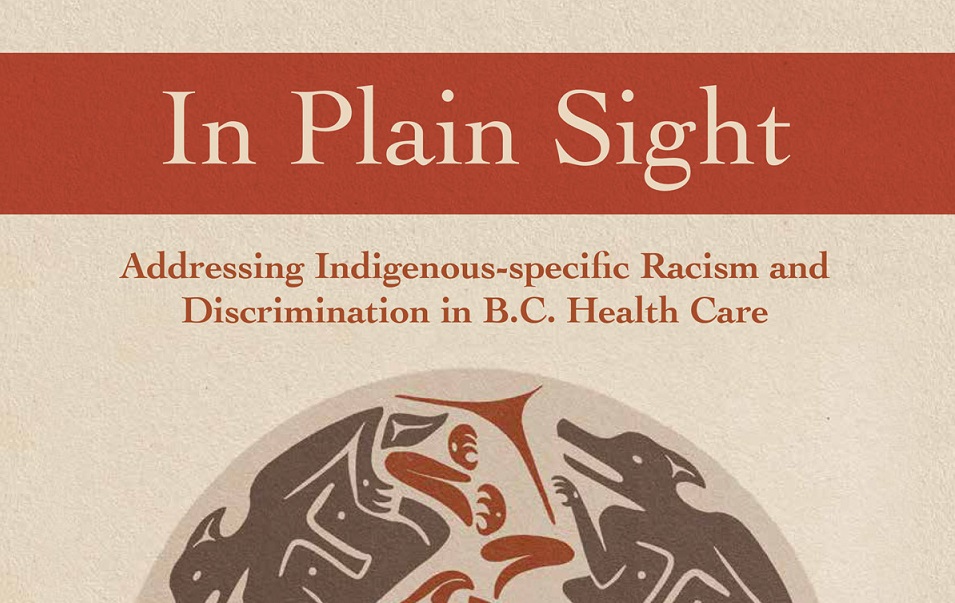
As per Professor Hardman’s suggestion, I read through the In Plain Sight report as a starting place from which to launch my research from for the final project. This report was very challenging to read at times and caused me to feel a sorrow and heartache I was not expecting. The stories told by survey participants were wrought with racism and prejudice. Indigenous specific racism in healthcare across BC is indisputable. The IPS report summarized their findings into 11 categories:
- Widespread Indigenous-specific stereotyping, racism and discrimination exist in the B.C. health care system.
- Racism limits access to medical treatment and negatively affects the health and wellness of Indigenous peoples in B.C.
- Indigenous women and girls are disproportionately impacted by Indigenous-specific racism in the health care system.
- Current public health emergencies magnify racism and vulnerabilities, and disproportionately impact Indigenous peoples.
- Indigenous health care workers face racism and discrimination in their work environments.
- Current education and training programs are inadequate to address Indigenous-specific racism in health care.
- Complaints processes in the health care system do not work well for Indigenous peoples.
- Indigenous health practices and knowledge are not integrated into the health care system in a meaningful and consistent way.
- There is insufficient hard-wiring of Indigenous cultural safety throughout the B.C. health care system.
- Indigenous roles in health leadership and decision making – both through Indigenous health governance structures and the health care system as a whole – need to be strengthened.
- There is no accountability for eliminating all forms of Indigenous-specific racism in the B.C. health care system, including complaints, system-wide data, quality improvement and assurance, and monitoring of progress.

